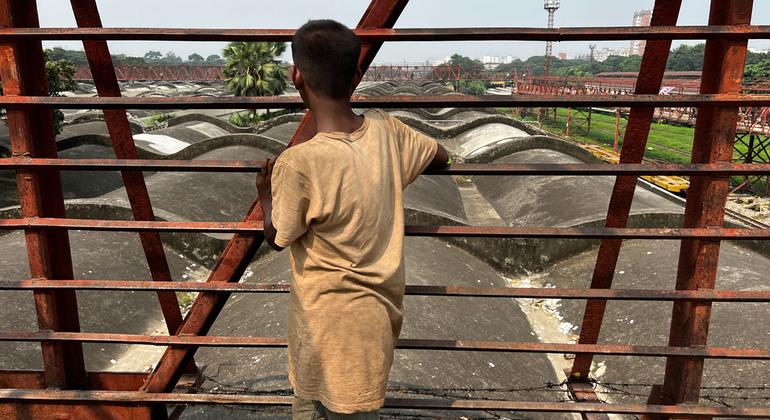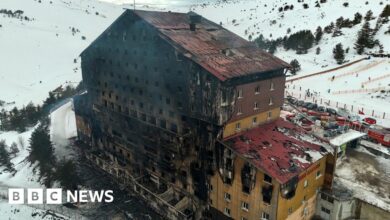UNICEF reports 32 children killed, many injured and detained in protests in Bangladesh


Last month, students in Bangladesh organize large protests against the Government, demanding an end to the “quota system” for government jobs amid rising unemployment.
More than 200 people were killed in clashes with security forces, including passersby, according to media reports.
Despite the government abolishing the system, fresh protests broke out in several areas of the capital Dhaka on Friday calling for accountability, reports said.
Child protection is everyone’s responsibility
Sanjay Wijesekera, UNICEF The South Asia regional director, who recently returned from Bangladesh, expressed deep concern about the impact of the ongoing violence and unrest.
“UNICEF has now confirmed that at least 32 children were killed in protests in July, with many more injured and detained. This is a terrible loss. UNICEF condemns all acts of violence.,” he said in a declare.
“Children must be protected at all times. It is everyone’s responsibility.“
Stop Child Detention
Mr Wijesekera also noted reports of children being detained, stressing that for children, contact or conflict with the law can be very frightening.
In line with international human rights law and the United Nations Convention on the Rights of the Child to which Bangladesh is a party, he called for an end to all forms of child detention.
“This means that Children should not be arrested or detained simply because of their presence in any place or because of their background.religion, or the behavior or beliefs of their family members,” he said.
Reopening schools
As protests erupted, the government ordered school closures, leaving some 30 million students from kindergarten to high school without classes for 10 days. This compounded the learning loss from school closures earlier this year due to extreme temperatures, cyclones, and floods.
Primary schools are scheduled to reopen on August 4 in many parts of Bangladesh, but about 15.5 million children have yet to return.
Mr Wijesekera stressed the importance of reopening schools, continuing learning and reuniting children with friends and teachers.
“[It is] one of the best ways to help children recover from violence and keep them safe,” he said, “The longer children, especially girls, are out of school, the less likely they are to return, jeopardizing their future.“



